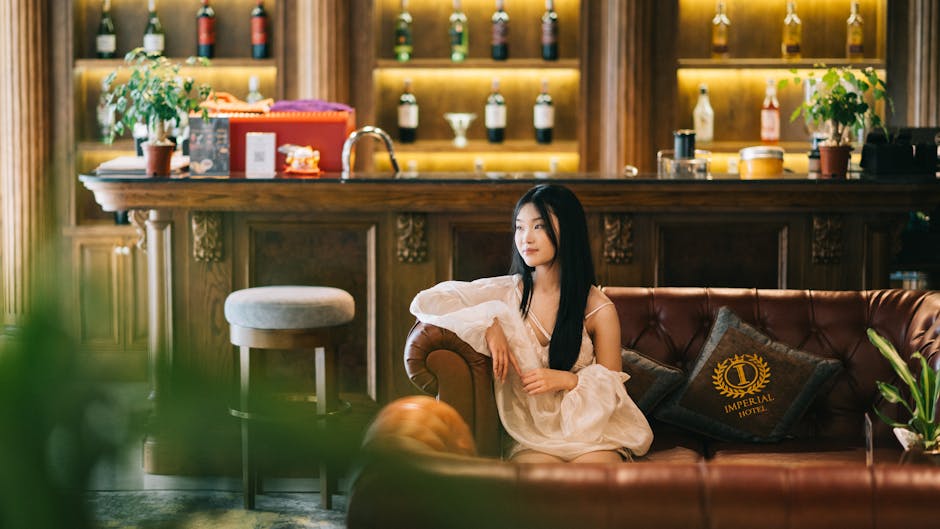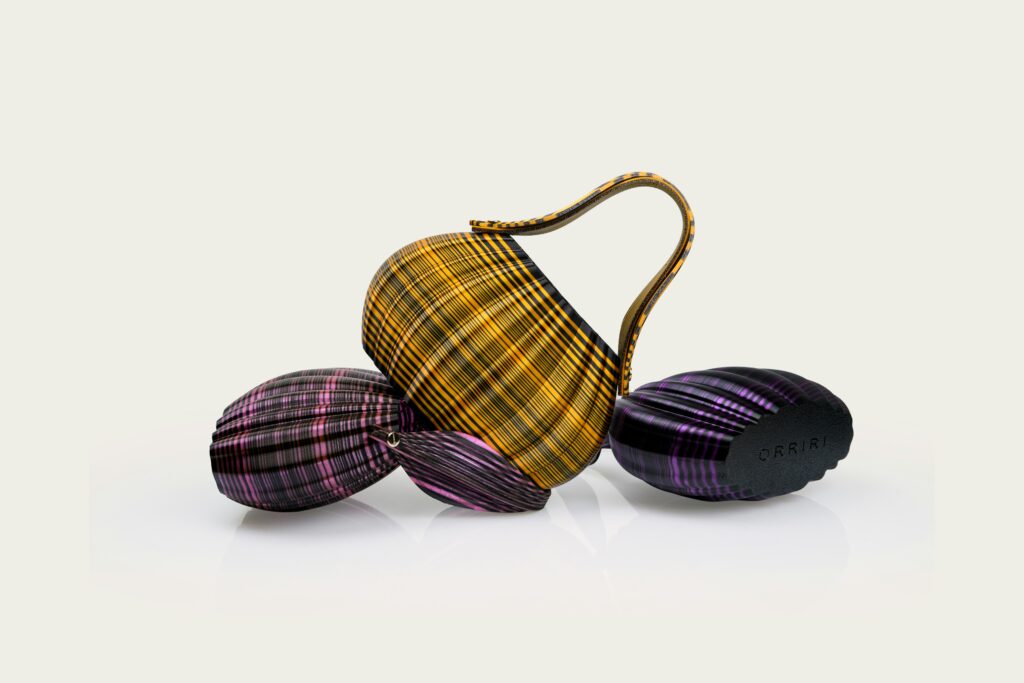In the ever-evolving landscape of luxury fashion, the concept of ethical sourcing has emerged as a pivotal issue that demands attention. As a passionate advocate for sustainability and social responsibility in the industry, I delve into the question: Is ethical sourcing becoming the new standard in luxury fashion?
With consumers increasingly prioritizing transparency and ethical practices, luxury brands are facing mounting pressure to reassess their sourcing strategies. In this article, I explore the shift towards ethical sourcing in the context of luxury fashion, examining the challenges, opportunities, and implications of this growing trend.
Join me on this insightful journey as we navigate through the complexities of ethical sourcing in the realm of luxury fashion and unravel the significance of adopting a new standard that aligns with ethical values and global sustainability goals.
Exploring Ethical Sourcing in Luxury Fashion
Delving into ethical sourcing within the realm of luxury fashion, it’s evident that a paradigm shift is underway. The fashion industry is witnessing a transformation propelled by consumer consciousness and a call for accountability.
As I examine the landscape, it becomes clear that ethical sourcing is no longer a mere trend but a defining factor shaping the future of luxury fashion. In dissecting the intricate web of ethical sourcing, we unravel a tapestry of challenges and opportunities.
The intricate dance between sustainability, transparency, and ethical practices paints a complex picture for luxury brands. I navigate this terrain, recognizing both the hurdles and the pathways to progress.
In navigating this evolving landscape, it’s crucial for luxury fashion brands to embrace a new standard that resonates with ethical values and aligns with global sustainability objectives. By forging ahead with a commitment to ethical sourcing, brands can not only meet consumer expectations but also pave the way for a more sustainable and responsible industry.
The Importance of Ethical Standards
Ethical standards play a crucial role in the luxury fashion industry, shaping consumer perceptions and brand reputation. Ensuring ethical practices in the sourcing process is not just a trend but a fundamental shift towards a more responsible and sustainable approach.
Impact of Unethical Practices
Unethical practices in the luxury fashion sector can have far-reaching consequences, tarnishing brand image and integrity. From exploitative labor conditions to environmental degradation, unethical sourcing can lead to negative publicity, legal repercussions, and loss of consumer trust.
Need for Accountability
Accountability is paramount in upholding ethical standards within the industry. Luxury brands must be transparent about their sourcing practices, taking responsibility for the entire supply chain to ensure ethical production processes.
By fostering a culture of accountability, brands can build trust with consumers and demonstrate a genuine commitment to ethical values.
Current Efforts in Luxury Fashion
In luxury fashion, several brands have been making significant strides in ethical sourcing practices to meet the rising demand for transparency and sustainability. Here are some key initiatives showcasing the current efforts in the industry:
- Brand A: This luxury brand has implemented a comprehensive traceability system that allows customers to track the journey of their garments from raw materials to the finished product. By partnering with ethically certified suppliers, Brand A ensures fair labor practices and environmentally friendly production processes.
- Brand B: With a focus on sustainable sourcing, Brand B has launched initiatives to support local artisans and preserve traditional craftsmanship. By collaborating with community-based organizations, the brand promotes inclusivity and uplifts marginalized communities while offering unique, ethically sourced products.
- Brand C: Embracing transparency, Brand C discloses detailed information about its supply chain, including supplier locations, production methods, and certifications. By engaging in partnerships with independent auditors, the brand reinforces its commitment to ethical standards and cultivates trust among consumers.
These case studies exemplify the progressive approach taken by luxury fashion brands to prioritize ethical sourcing practices, aligning with the evolving expectations of socially conscious consumers.
Implementing a New Standard
Expanding ethical standards in luxury fashion involves more than just meeting consumer expectations—it’s about fundamentally reshaping the industry landscape. Embracing sustainability isn’t just a trend; it’s a necessity if brands aim to secure their relevance in a rapidly evolving market.
Innovative approaches are key to implementing these new standards effectively. Collaborating with sustainability experts can provide invaluable insights into best practices, helping luxury brands navigate the complex terrain of ethical sourcing.
By introducing cutting-edge technologies, brands can track and verify every stage of production, ensuring transparency and accountability. Investing in local communities is another vital aspect of this new standard.
Empowering artisans and supporting local craftsmanship not only enhances the brand’s social impact but also fosters a connection with the heritage and culture that underpins luxury fashion. To solidify these efforts, establishing certifications and partnerships with ethical organizations can lend credibility to a brand’s commitment to ethical practices.
By endorsing these certifications prominently, brands can communicate their dedication to ethical sourcing to consumers, further enhancing brand reputation and trust. By proactively implementing these new standards, luxury fashion brands can set themselves apart in a crowded marketplace, resonate with socially conscious consumers, and contribute meaningfully to a more sustainable future for the industry.





